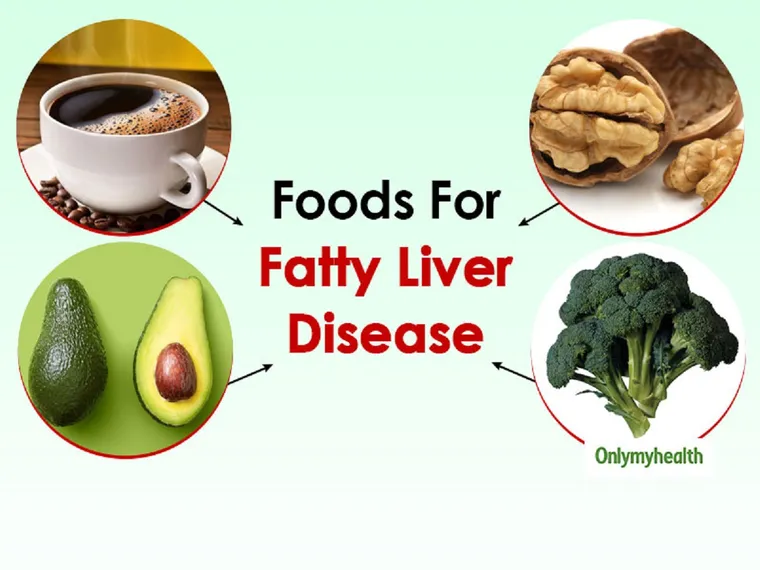Fatty liver disease, a condition where fat accumulates excessively in the liver, affects millions worldwide. Often silent in its early stages, it can eventually progress to liver inflammation, scarring, and even liver failure if left unmanaged. Fortunately, diet plays a powerful role in preventing, managing, and even reversing fatty liver disease.
Many cases of fatty liver disease, particularly non-alcoholic fatty liver disease (NAFLD), are directly tied to lifestyle factors. Poor diet, obesity, insulin resistance, and sedentary behavior are leading causes. By making strategic dietary changes, patients can reduce liver fat, decrease inflammation, and significantly improve liver health without the need for medication.
Understanding Fatty Liver Disease
Fatty liver disease falls into two major categories: alcoholic fatty liver disease (AFLD) and non-alcoholic fatty liver disease (NAFLD). While AFLD stems from excessive alcohol intake, NAFLD is largely associated with poor dietary habits and metabolic dysfunction. Alarmingly, NAFLD is now the most common liver disorder globally, even among children and adolescents.
Symptoms are often minimal or absent in early stages, but fatigue, discomfort in the upper right abdomen, and elevated liver enzymes in blood tests may indicate its presence. If not addressed, simple fatty liver can progress to non-alcoholic steatohepatitis (NASH), fibrosis, cirrhosis, or liver cancer. Fortunately, dietary intervention offers a highly effective, non-invasive method to halt and even reverse this progression.
Key Dietary Principles for Fatty Liver
The cornerstone of managing fatty liver disease is achieving gradual weight loss, improving insulin sensitivity, and reducing liver fat accumulation. A Mediterranean-style diet is frequently recommended. Rich in fruits, vegetables, whole grains, lean proteins, and healthy fats like olive oil and nuts, it offers a nutrient-dense, anti-inflammatory approach ideal for liver health.
Limiting saturated fats (found in red meat, butter, and processed foods) and eliminating trans fats are crucial. Increasing intake of fiber from vegetables, legumes, and whole grains helps regulate blood sugar levels and reduces liver fat. Incorporating fatty fish like salmon or sardines, rich in omega-3 fatty acids, supports anti-inflammatory processes and promotes liver healing.
Foods to Include
Certain foods have proven especially beneficial for fatty liver patients. Coffee, in moderation, has been associated with a lower risk of liver fibrosis. Green leafy vegetables, avocados, walnuts, and berries are antioxidant-rich and help combat liver inflammation. Tofu and other plant-based proteins provide healthy alternatives to fatty meats.
Whole grains like oats, quinoa, and brown rice provide fiber that supports metabolic health and liver function. Low-fat dairy products like yogurt and cottage cheese can offer valuable protein and probiotics without excess saturated fat.
Foods to Avoid
Processed foods high in refined sugars, sodium, and unhealthy fats should be minimized or eliminated. Sugary beverages, candies, white bread, and fast food promote fat buildup in the liver. Alcohol should be avoided entirely, even in NAFLD cases, as it exacerbates liver damage.
Excessive intake of fructose, commonly found in sweetened soft drinks and processed snacks, is particularly harmful. Choosing natural sources of sweetness like fruit, and practicing moderation even with "natural" sugars like honey or agave, supports better liver outcomes.
Conclusion
A strategic, mindful diet is one of the most effective tools for managing and reversing fatty liver disease. By embracing a Mediterranean-inspired eating pattern, prioritizing whole foods, and avoiding processed and sugary items, individuals can protect and heal their liver naturally. Coupled with regular physical activity and healthy weight management, dietary changes empower people to not only manage fatty liver disease but to significantly enhance their overall health. With consistent effort and commitment, recovery is not just possible—it’s achievable.

